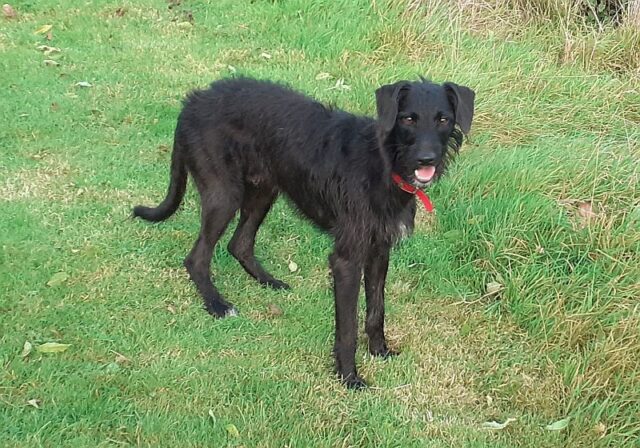Pet flea treatments are polluting our rivers and killing invertebrates, both from direct contact (through dogs swimming) and indirectly when pet bedding is washed and the water discharged (legally) through sewage treatment works.
We, and many other conservation organisations, have publicised this issue before (news item in 2020) but no action has been taken.
New analysis of Environment Agency data, by the Rivers Trust and Wildlife and Countryside Link, shows that three insecticides used widely in tick, flea and worm treatments (fipronil, permethrin and the controversial neonicotinoid imidacloprid) – are present in English rivers in concentrations that exceed accepted safe limits for wildlife. This is despite the fact that these chemicals are deemed to be too toxic to be used in agriculture.
Twenty-four environmental and veterinary organisations, including the Progressive Veterinary Association, the Veterinary Poisons Information Service, the Rivers Trust, RSPB and the Wildlife Trusts, are calling on the UK government to take action and ban all pesticide substances from pet medicines if they are not permitted in agriculture.
More detail on this news page of the Rivers Trust website. The page also includes good advice of how to avoid using these chemical on your pets and still control fleas.
